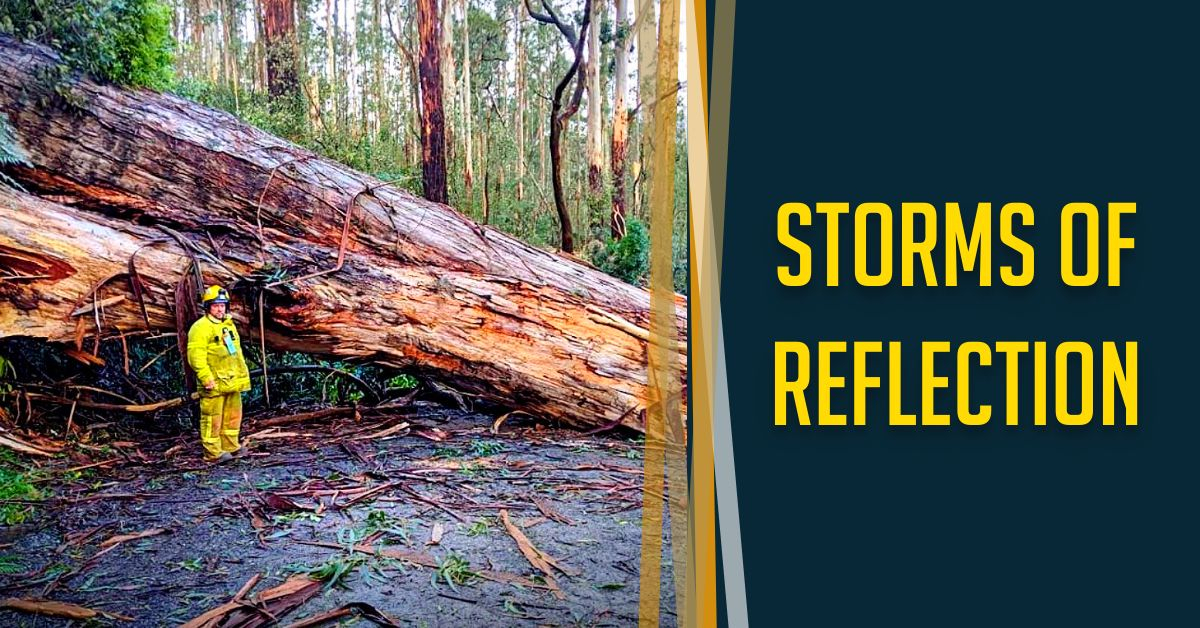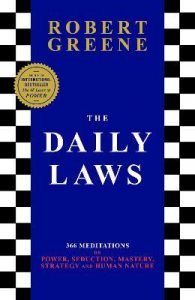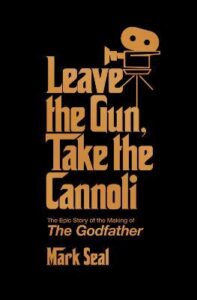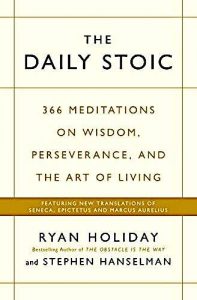Sirens screamed as emergency vehicles raced down the main road just 500 metres from my home. It was a precursor of what was to come. The lights had flickered a couple of times; Enough to encouraged me to light the candles; I had already prepared for what our state weather authorities had called a Server Weather Event. They were to flicker a few more times over the next hour before succumbing to the whims of fate, and eventually, electricity disappeared for nine days. During that hour, I heard for the first time a sound that would become ubiquitous for the following weeks – the sound of the chainsaw. The sound had cut the stormy night as it drifted across the small valley near my home. Fallen trees had already cut roads, and was a forecast of what was to follow.
By the following day, the storm had wreaked havoc across the Victorian States eastern regions leaving approximately one million people – two hundred and fifty thousand homes without power in the first-month winter. In large areas without phone services where the opportunity to call emergency services would have been considered a luxury. Thousands of fallen, large mountain ash and other eucalypts littered the roads and properties, leaving smashed cars, homes, and barely missing people huddled in their beds. It was indeed fortunate the no one was killed. However, with some trees sixty metres in height, there was significant cause to be afraid as still more could fall as soils significantly weakened by the rain would fail to hold these giant’s roots.
Then came the floods—the heavy rains feeding the creeks and streams that feed the rivers that run through the Valley floors. Low lying farms, vineyards and townships had prepared for what was to come and over time came out the other side. But, unfortunately, two people failed to heed the warnings and been drowned in their cars.
As the weather subsided, the clean-up began. Within nine days, most of the 250,000 homes would have electricity and heating; of those remaining, many have been told not to expect power for some weeks and, in some cases, months. Those whose homes have been destroyed will take two years or more for life to return to normal.
Over the next two days, I drove around the immediate area surrounding my home and, like many others, surveyed the landscape, and I was shocked by the damage.
Rahm Emanuel, chief of staff to former US president Barack Obama, remarked during the Global Crisis of 2008 – “You never want a serious crisis to go to waste.” So, as I drove around, I used the time to reflect and observe people’s behaviours, emotional states and responses, including my own.
Whatever crisis fate sends our way is an opportunity to increase our awareness and prepare for the next one that comes along; Hopefully preparing to deal with situations that are unfamiliar and frightening, and surely minimises the potential damage and perhaps, if possible, finds ways to advance our lives further.
We a look through our own peculiar window and lens on the world. You will have seen different elements of a crisis to gain wisdom and knowledge. However, below are some of my reflections in no order. They feasibly will help you prepare for whatever the next crisis will be in your own life, as there will be one.
We Too Easily Get Rid of The Old.
In 2009 the Australian Government announced the rollout of what is now known as the National Broadband Network. A massive infrastructure national build of a digital network to enable Australia to take full advantage of the digital age. There is much political debate around the project, with a final budget of around $51billion. It finally arrived on my doorstep about eighteen months ago. The old copper wire phone service was to be disconnected and the new system installed.
The problem I immediately saw was the technology relied on power supplied from my home. In the past, my copper wire system was not dependent on the electricity provided by my house. So it was always possible to use a simple phone device to make calls. If I wanted a more sophisticated one, it would need electricity; however, I could always find a phone of some type to make emergency or necessary phone calls in a power outage. So yes, the phone exchanges were powered by electricity, but they have their backup generators and are more often located in areas less prone to power problems.
On June 9, when the storm took out the electricity, thousands of NBN homes were left with no phone service. Mobile networks quickly overload, and without power, their battery backups were swiftly exhausted. As a result, the ability to call emergency services was non-existent for 1000’s and the vulnerable were left critically exposed.
When I was producing live events, we were often encouraged to use some of the last technology. High-end radio microphones were commonplace. They were terrific. They enable speakers and performers more latitude and produced more dynamic and interactive opportunities with the audience. However, hidden behind speaker boxes or the like where the traditional cable microphones, where, if necessary, a briefed speaker or performer could reach down and within moments be on with the show if they sense a problem.
Even with the best technology, there is always something that can go wrong.
Because something is old doesn’t make it bad or good. On the contrary, it has served us well in the past and perhaps before we seek to go blindly into the future, we should take the time to assess the value of the old and what solutions and benefits it gave us. Explore the flaws in the new and use the old to circumnavigate its weaknesses.
Perhaps our eagerness in getting rid of the old is why history is doomed to repeat itself.
People Revert to Old Habits Under Shock & Treat to Life.
At dusk, on the second day after the storm, I drove into the valley of my home. It gave me some idea of what the world may have looked like before electricity. However, this evening the valley was covered in a layer of smoke. People were burning off the debris. In winter it is prohibited in our region to burn off for pollution and effects on health. With little air movement, smoke and damp air can cause some people significant problems. In conversations with friends and neighbours with lung issues, they had already noticed the effects on their breathing. In real terms, it is a relatively new council bylaw. I remember growing up with the backyard incinerated where all and sundry were cremated.
There was no real reason to be burning off. Green waste usually is mulched and chipped, and recycled. It’s a big industry; As authorities came to terms with the events, clean-up plans were put in place. In conversations with neighbours as they “burned off the debris”, I came to be aware that they had fallen back into old habits because that was what used to happen. They felt they just needed to do something to somehow bring life back to normal quickly. They need to do something to help relieve the fear and anxiety. As the event drifted slowly into the past, I noticed less and less burning off and roadside layaways filled with mulch piles surrounded by enthusiastic gardeners loading trailers and Ute’s.
Under threat to life perceived or otherwise, our focus becomes self-preservation, and we often resort to things known or ingrained from childhood. They may serve us or indeed may create future problems that may complicate our lives even further. It is hard to do, but perhaps a pause of reflection and the adage “take a deep breath” could be in order. With awareness, we may see the best way forward for not only ourselves but also the world around us.
The Power of Heating.
I wondered whether it was colder inside the house or outside. With no electricity, for days, the thermal mass of my home was now what had been the overnight temperature. It was likely to remain so; with little sunshine and more wet weather predicted, I hunkered down to keep warm. I managed to keep the cold at bay with a portable gas stove providing some hot water for drinks and hot water bottles.
My friend had asked me now for a day and a half whether I wanted to borrow his generator. I kept repeatedly suggesting he see if there were families in more need than myself. When I finally realised that I was in distress, he enthusiastically came around and set up within the hour. Forty minutes later found myself tidying up my home, making plans for the day. I was becoming revitalised, calmer and more peaceful, all because of a bit of heating.
I have known about this for years. When I was very ill, my various health care professionals always encouraged me to keep warm, eat warm nourishing meals, don’t waste my vital life force, or keep warmth by dressing poorly. However, now I certainly know it because a simple forty-minute heat produced a dramatic effect and reinforcing action.
A client of ours whose home will be without power for approximately two months revealed that as soon as he had a generator and some heating was restored, his mood lifted. He had feared that he had started to slip into a depressed state and had no idea how powerful feeling warm good be. The Intense cold had started to “infect” their home, and the consequences of living in a forest becoming evident with increased damp and the threat of mould.
I have often remarked on the vagaries of the Australian male psyche who in the depths of winter would rather shiver and complain of the cold than wear some thermal underwear because it is seen as “Unmanly” – whatever that means. Yet they are pretty happy on a trip to the snow to “rug up” because that is what you do. Yet, they fail in realising the power of appropriate warmth on the minds ability to work, function and be productive. Yet, it would be considered strange in another country if someone didn’t wear the appropriate thermal gear. Human beings are a peculiar lot.
It pays when it’s cold to keep warm.
We Blame Others For The Situation
As the storm subsided and people started to recover, the all too familiar cry, “why didn’t the authorities do something earlier, or this or that should have happened etc. etc.” These complaints happen every time there is a crisis. And perhaps it would have been better if they had better planning etc. However, we have to deal with the situation we find ourselves in. by seeking to shift the responsibility to others, all it leads to is stagnation of our experience and slows down our recovery. Moreover, it wastes valuable energy and time on what in the end doesn’t change the current circumstances. Of course, after a clean up it is essential to improve what can be done, but blame never accomplishes anything.
No person or authority can be ready for every eventuality. Nature’s fate is most often similar but different, with the occasional event that surprises everyone.
It is Fortunate To Live In a Western Country.
In large parts of the world, when it all goes wrong, the multiply effect of a lack of resources magnifies a disaster into a catastrophe. It is indeed a privilege to live where I do, yet it too has its limitations. Sometimes when we are comfortable, we don’t learn the hard lessons that life can be fickle and unfair. Therefore, it is essential to know how to deal with and life and proclivity.
Fault Lines Are Exposed.
Any crisis will bring to ahead any problem that has been simmer below to the surface. It doesn’t matter whether it is something directly affected by the event or not. The extra stresses, lack of resources, the lack of sleep will push everyone to the edge. It is vital to recognise this to back off if necessary and focus on what is essential. Take note to deal with it later, or it will come back to haunt us. A crisis will expose the area’s weak and underprepared the first time it’s a lesson the next it’s a mistake.
The Multiplying Factor of A Multi-Crisis.
In March of 2020, when the world went into a Covid lockdown, many people were affected by financial stress. Many it pushed to the limit. Under that pressure, many changed how their finances were organised. I know many in my region, in the effort to save money, who either didn’t renew their insurances or significantly reduced them. Now, after a massive storm with significant property damage, they are left under or without insurance.
I do not know where the answer lies. Amid a crisis, it is hard to know what to do. However, if we understand that the current event may not be the only one, it may help in at least minimising a multi-crisis possibility. Then, we may be able to make better plans.
As Ryan Holiday writes in “Stillness is the Key.“
“We must cultivate mental stillness to succeed in life and to successfully navigate the many crises it throws our way.”
Easy to say, not always easy to do; forgiveness may indeed be another key.
A Disaster Is Expensive for Some – A Gold Mine For Others.
My friend Richard manages one of Victoria’s major tourist destinations right on top of the mountains surrounding the capital city of Melbourne. With views to die for, it is a mecca for many Melbournians and travellers.
At the start of June, he found the business lockdown by another Covid 19 outbreak and then was hit by the massive storm. All roads leading to the business have been blocked. The company and ninety staff will not see income for the month. Meanwhile, arborists, traffic control, and emergency services all work around the clock with massive overtime wages to pay and significant profits made from fallen timber. Nature abhors a vacuum; there are swings and roundabouts for all. The important thing is to be around to collect when it’s your turn. If one can learn when to be flexible and when to be strong and stay the course, life can be easier to live.
In Conclusion:
As I write, the pervasive sound of the chainsaw and generators is starting to subside, replaced by the sound of mulching, diggers, and logging trucks. Most homes have power restored whilst the most devastated still have a way to go. There will be another storm, another fire, another flood of that we are sure; it is the way of life. As society recovers and slips back to “normal”, so do our emotional experiences. It is easy to forget the emotional experience and any observations and potential learnings to be gleaned. Therefore, it is imperative that we record the lessons of our experience as close to the action as possible to gain the maximum education contained in the event.
We have far less control over our lives than we like to imagine. We have no control of the time and place of our birth. The very epoch we are born into will determine what calamities and opportunities that will potentially exist; What political machinations and accidents of fate will come our way. But it is “the set of the sails And not the gales” that will determine how we progress on the seas of life.
The Australian/American James Clavell, author, screenwriter, producer and director and survivor of the notorious Changi prison camp, were only one in fifteen made it, says it best of all. And It is timely instruction for any crisis.
“‘Changi became my university instead of my prison. Among the inmates, there were experts in all walks of life -the high and the low roads. I studied and absorbed everything I could from physics to counterfeiting, but most of all, I learned the art of surviving, the most important course of all.”
Till next time….
Resources & Further Reading.
The Survivor Personality: How to thrive and survive in any life crisis. – Al Siebert
‘Massive financial hit’: Dandenong Ranges – The Melbourne Age.
Bernstein, Peter (13 September 1981). “Making of a Literary Shogun”. The New York Times Magazine.
Stillness is the Key – Ryan Holiday.







